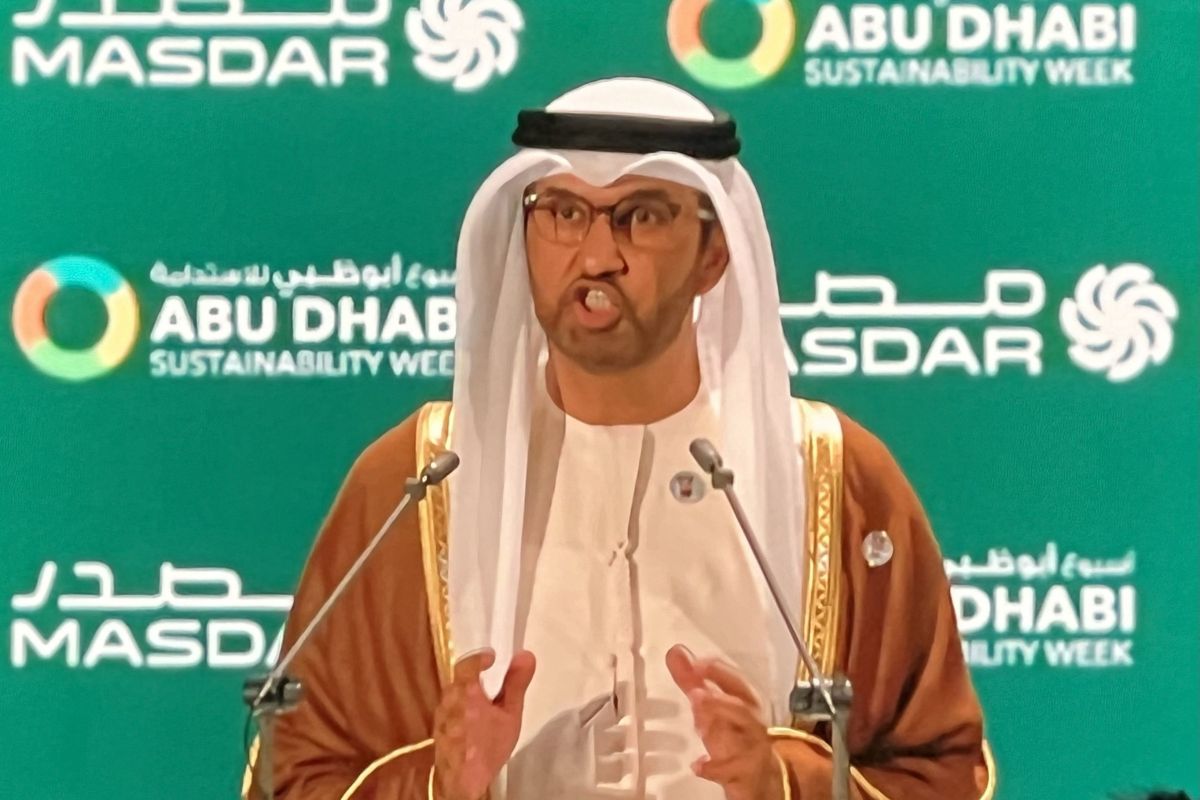Indonesia Officially Implements 15% Global Minimum Tax in 2025
Indonesia has officially implemented a regulation on the global minimum tax in 2025.
TEMPO.CO, Jakarta - Indonesia has officially implemented a regulation on the in 2025. This policy mandates that corporate taxpayers, who are part of a multinational corporate group, will be subject to a minimum tax rate of 15 percent starting this year.
This policy is outlined in the Finance Ministerial Regulation Number 136 of 2024, which was ratified by Minister Sri Mulyani on December 31, 2024. Febrio Kacaribu, Head of the Fiscal Policy Agency at the Finance Ministry, stated that the global minimum tax reflects the collective efforts of countries, including Indonesia, over the past five years to address global tax challenges.
This initiative aims to mitigate unhealthy tax competition among nations. This policy ensures that multinational companies with a global consolidated turnover exceeding 750 million Euros pay a minimum tax in the countries where they operate. “This provision does not affect individual taxpayers and micro, small, and medium-sized enterprises (MSMEs),” Febrio said in an official statement, Thursday, January 16, 2025.
The global minimum tax provision is part of the Pillar Two agreement, initiated by the G20 and coordinated by the Organization for Economic Co-operation and Development (OECD). This agreement is supported by over 140 countries, with more than 40 of them already implementing the provision. The majority of countries are expected to begin implementation in 2025.
Febrio explained that the implementation of the global minimum tax shows the government's commitment to fostering a more equitable and competitive investment climate. Through this policy, tax no longer serves as the primary determinant of investment destination.
“With this provision, tax avoidance practices such as through tax havens can be prevented. This agreement is highly positive in creating a fairer global tax system,” he added.
In light of the global minimum tax implementation, Febrio said that the government will continue to prioritize and incentivize sectors that drive economic growth.
Previously, Minister of Investment and Downstream/Head of the Investment Coordinating Board (BKPM), Rosan Roeslani, acknowledged that the implementation of the global minimum tax would impact Indonesia's policy. He emphasized the need for alternative incentives, with a focus on non-fiscal measures.
"We are currently reviewing what we will do, non-fiscal incentives that can be offered to investors,” he said as quoted by Antara.
Editor’s Choice:
to get the latest news updates from Tempo on Google News



















